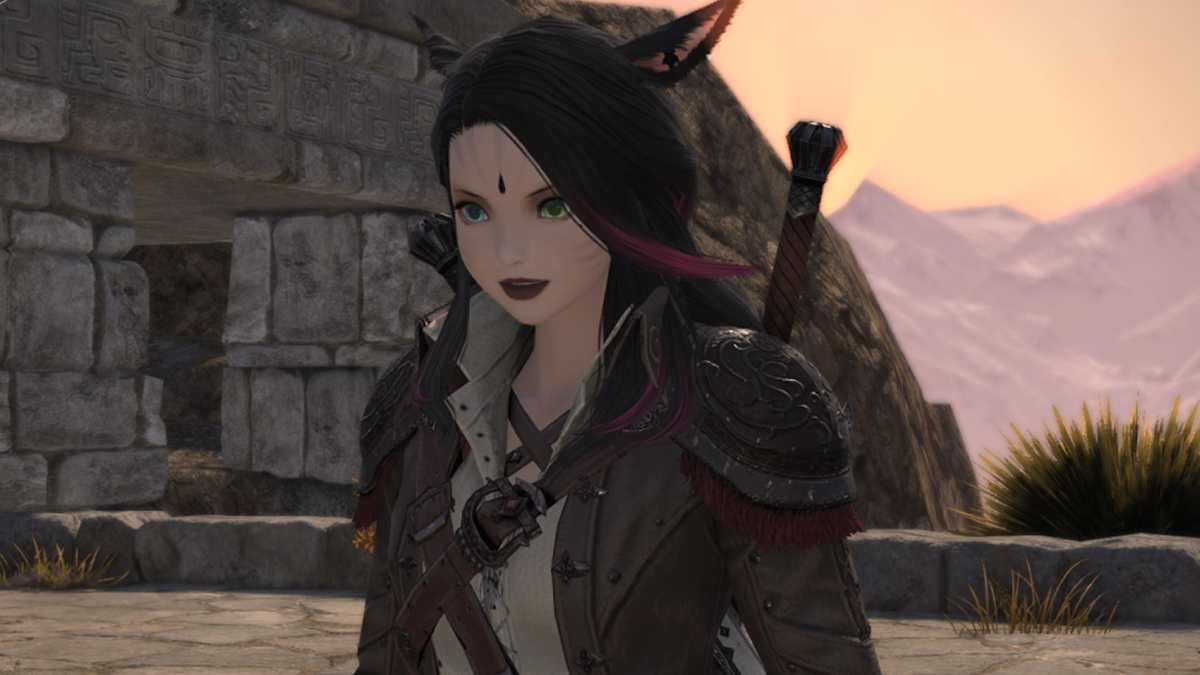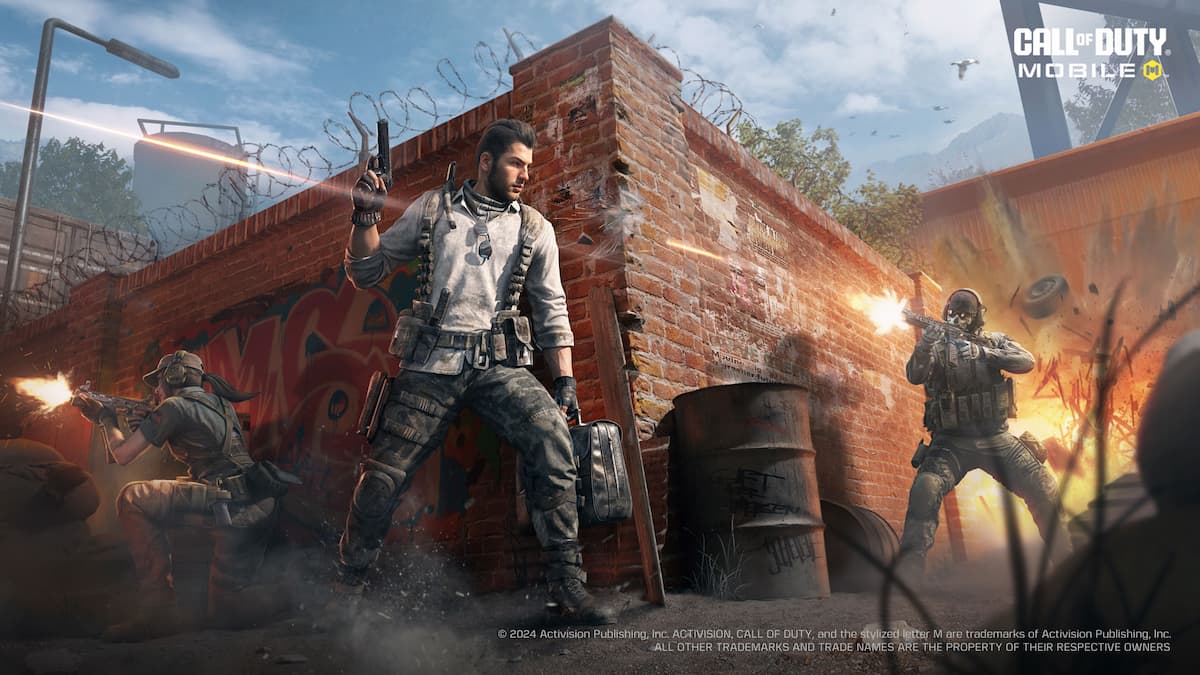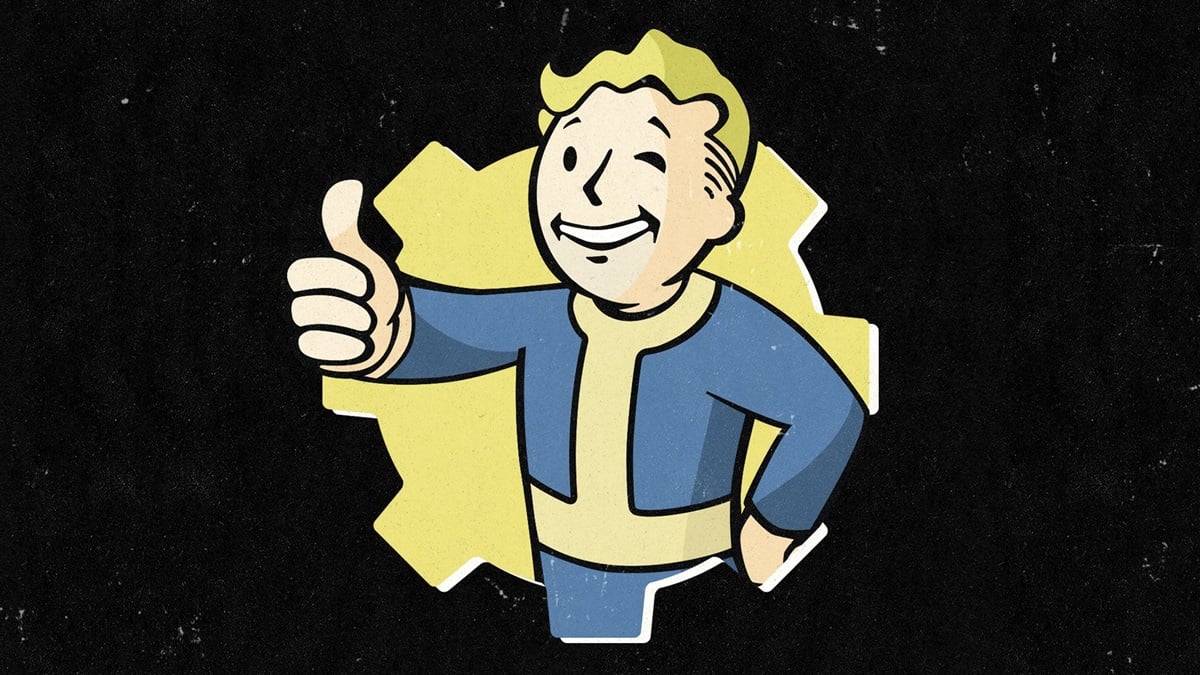‘Like preaching to one choir while throwing bees on another’
The world can be a difficult place. Even if it looks like you have everything going for you on paper, it can feel like everyone is against you in practice. As a young, attractive, Caucasian millionaire once said, “Have you ever been hated and discriminated against? I have.” This type of prideful proclamation of being a part of the victim class, and the Batman-style revenge it entitles one to, is the foundation of modern “outrage culture” — a trend that I’ve seen balloon in size in “gamer” circles over the past few years.
Outrage can be inspired by anything – game endings, games being too popular, games not being popular enough, games going down, games going up, games having DLC, games not having DLC, games having sexual themes, games having their sexual themes toned down — it doesn’t matter. Anything is on the table for potential group disgust. It’s even more common for this outrage to be directed at individuals in the game industry. Developers may wake up one morning to feel attacked from all sides for being a feminist, a hentai enthusiast, because of their tone, because of their sex life, or just because of their personal tastes.
That rage may fan out to studios or publishers, who are inevitably treated as though they are singular entities and not groups made up of multitudes. A game console may not have a feature, or it may have too many features. Outrage at the entire console ensues. A games reporter will take notice that some people are sometimes a certain way. Outrage at the entire website. A game developer says something. Outrage at them and every game they’ve ever made.
A lot of people have capitalized on this lust for rage, whether they intended to or not. Would the Angry Videogame Nerd have gained millions of fans if he wasn’t “angry”? Would all of the other
“ranting”, “angry”, “grump? gaming personalities on YouTube be a hit if aggression and hostility weren’t the language that many videogame fans want to speak? And Neil deGrasse Tyson fans. We can’t leave them out. Why is it that the internet in general, and gamer culture in particular, have become so infested with outrage?

An easy way to make yourself part of the narrative
Most people who bother to create a profile on a website are looking to be a part of something. They don’t want to be a passive observer. They are looking to get engaged, to have some sort of exchange with the content on the other side of their screen. The easiest way to do that is to get upset at someone or something. While being nice is more effective at making an impact, being mean is better for getting a response. Getting a response makes you feel like you are part of the story, even if you’re just an extra with one line.
There’s also a safety in writing yourself into the script when you have a chorus to hide among. You see enough people chanting “[blank developer] doesn’t really care about us!” or “[blank videogame reviewer] should be fired because they said [blank thing]” and you see a little rebellion in the making. The romance of the picket line sets in, and reason starts to slip away. The fact that no wrongs have been done to them personally starts to shrink and blur. The feeling of being a part of a larger story, safely within the crowd of “like minded” protesters who absolutely will not tolerate any more gets larger and more focused.
Unless you or a loved one relies on videogames to make a living, there is very little that anyone can say or do in the videogame industry that might have a impact on your “real” life. The idea that someone’s opinions about videogames might inspire the kind of emotions that lead to death threats or attempts to have people fired is absurd. The fact that people will lose sight of that when anonymously killing time on the internet is the reality.

Cartoons are fun
The word “outrage” is just a couple of letters away from being “outrageous”, and the internet is packed to the to the gills with people who want to be truly outrageous. Extreme, cartoonish expression of emotion are the bread and butter for those who aspire to be the internet’s Jem and the Holograms.
These expressions often start off as partly ironic – like “[game publisher] raped my childhood by making [game in a series I used to like but don’t like that much anymore]” or “[game] was so bad it gave me a disease that will kill me! I am dying because of the videogames hahahah!”
The comedy is supposed to come from the honest expression of something that we may feel, but won’t express because cognitively, we’re aware that our feelings are irrational and not entirely warranted. After all, it’s “just videogames”, right? Wishing that a developer will feel ashamed because they made a videogame I don’t like that much is ridiculous. Telling them they should go kill themselves is even more ridiculous.
But that’s exactly why people do it. The ability to remain anonymous and irresponsible attracts the kind of “comedy” that’s really just “saying a mean thing that they are afraid to say in real life because I’d feel like a bad person.” Daniel Tosh built their hot rod, and it’s running amok. The people who take this tact don’t often see the internet as the most amazing communication tool ever created. They see it as public toilet to crap all their anger and hatred into, laugh at the sound of their own farts, then walk away without flushing.

Everything is cool when you’re part of a team
I made passing mention of it before, but it warrants restating that a lot of people just want to be a part of a group, even if that group is largely over competitive, destructive to others, and serves no real purpose other than to provide the illusions of belonging, purpose, and power. This certainly isn’t unique to the internet as a place, or to outrage culture as a thing. It’s still worth giving a quick look though, as it’s something that’s always good to remember.
I tested out how deeply the passion for group-think and feeling that whatever makes you feel good is good, and vice versa. by sending to a group of people I know in real life some articles by my friend Jim Sterling. I removed Jim’s name and said that they were done by three different friends who were all looking into getting into videogame blogging.
This was a group who all loved Final Fantasy and Assassin’s Creed, but hated Sony and Nintendo. When they read Jim’s Why Sony fanboys are the worst article and his review of Mario Kart 7, the first one said “pretty good.” Then the second one said “I love it.” The third called him, “a great writer with a lot of smart ideas presented in a funny way.”
When they read his reviews of Final Fantasy XIII and Assassin’s Creed, an opposite spiral occurred. It started with “meh” and ended with labeling Jim a, “pretentious try hard who didn’t know enough about videogames to write about them professionally.”
When he reflected their own opinions back to them, he made them feel good about themselves, which made them feel good about him. When he did the opposite, he got the opposite response. When an attractive person smiles and tells you that you’re smart and interesting, they seem like they know what they’re talking about. When they are indifferent or even frowny when telling you the exact same thing, they become stuck up or fake. Anyone who doesn’t validate us isn’t allowed in the group. Even if someone in the group is being cruel to someone else, they will still be accepted, as long as they share the same thoughts and opinions.

An asshole pass
Now back to the specifics of outrage culture. If there is one thing I hope you take away from this article, it is the awareness that when a lot of people feel victimized, they often times feel free of any guilt or responsibility. When someone just broke your leg, no one is going to blame you for spitting in their face. Worse, when you’re afraid that someone might break your leg, you don’t feel any empathy for them. Fight or Flight doesn’t allow for empathy. If it did, our ancestors would probably have all been eaten by wild animals, too caught up in their cuteness to defend themselves.
These kinds of animal instincts tend to be at their worst in two places – the internet and the highway. Think about road rage. When a big piece of metal get in someone’s lane and slows down, you feel threatened. You feel cheated. You feel powerless. That powerlessness signals to the amygdala and hippocampus that it’s time to kick ass, with no reservations or self awareness. Full self-permission to be as awful as you want is granted. Emotional coldness and heated thirst for revenge shift into gear. Entitlement is in full bloom. Self awareness goes out the window.
When you find yourself feeling this way on the internet, it’s probably a good idea to follow Ness’s father’s advice and take a break. Every minor criticism will feel like an unjust insult, every challenge an unfair hardship. The urge to stand up for yourself and “win” will push aside all reason. You’ll only feel empathy for those who are as pissed of as you, and nothing for the “bad guy” who you see as having way more power than they deserve. You’ll be sure that they should be replaced by someone “good.” Someone like you or another member of your group
This kind of thinking is important when fighting against real life violence and oppression. In the world of videogames, it only leads to stuff like the Bayonetta 2 suicide “jokes” and pretty much every entry of our old Fanboy Fridays feature. It’s silly, potentially embarrassing, and most importantly, ineffective at communicating anything other than hostility.

The pros and cons of an ugly phenomenon
This article is knowingly but unintentionally ironic. At times, I sound pretty outraged about internet outrage, which will make me a hypocrite to some. More so, it’s quite likely that some people will be outraged over my outrage over outrage. If that happens, chances are high that someone one will get outraged over their outrage over my outrage about outrage. And so forth and so on. Forever and ever. Amen.
The truth is, I’m not entirely outraged. The outrage about outrage is just one side of an issue that has many faces and many shades of grey. Part of me also think it’s great for people to use the internet like a giant emotional toilet, at least sometimes. There’s definitely some value in having a place to see people’s unfiltered and uncensored emotional garbage — their hate, their pettiness, their righteous entitlement, their complete lack of empathy.
Sadly, that’s what the internet has become for a lot of people. It’s the place where grieving daughters are attacked with racial slurs and accusations of not loving their lost parents enough. It’s terrible that these things happen. On the other hand, it’s good to know how terrible human beings can be. The more we know about the truth, the better equipped we are to deal with the world around us, even when truth about the world is harsh and repulsive.
There are even times when I see my friends generate outrage and think to myself “Maybe this is because they’re doing something right.” Zoe Quinn and the previously mentioned Jim Sterling immediately come to mind. While it never feels good to piss people off, sometimes pissing people off is a sign that you did something good. Knowing that a lot of the people who tried to organize a “Fire Sakurai” chant at Evo this year also think I should be fired makes me feel like I’m in good company. Being on the side of great content creators sometimes means spurring the ire of certain content consumers. That’s not something I like, but it’s something that is true.

I just wish we could have our cake and eat it too. I wish people could express their outrage in ways that felt more thoughtful and productive and less mindless and destructive. I wish we could step out of labeling people as either victims, victimizers, or protectors any time that we feel strongly about a situation. Those absolute terms make us feel special, and make our world seem simple and easy to navigate. They also weaken our ability to be empathetic and fully understanding of all parties involved in a situation.
This extreme perspective is almost never the most valid way of assessing a situation, especially when it comes to videogames (or hamburgers). It also doesn’t help people to effectively apply the criticism that they so passionately wish to express. It usually just makes them look like angry children at best and repugnant, selfish monsters at worst. When someone behaving like a repugnant, selfish monster criticizes me, I often times take it as a compliment. That’s a little bit productive for me, but it’s not for the person who was trying to levy the criticism at me in the first place.
So if you want to step away from outrage culture and be more effective in your criticism of internet strangers, here are some general tips that may help you. Avoid labeling the individual person you want to critique with some invalidating, derogatory term. You can say that a lot of videogame journalists behave like opportunistic, soulless husks, but once you call an individual journalist that, he/she is not going to take your criticisms seriously. If you don’t respect someone at all, why would they offer respect back to you?

Even better is to force yourself to imagine yourself reading the comment or criticism you plan to write before you press send, and imagine how receptive you’d feel to it if you were on the other side of the conversation. If you think you’d be insulted by what you’re about to say, maybe don’t send it. Though it’s likely a valid expression of your emotions, it will likely fall upon deaf ears, only to be used later as proof about how the internet is filled with jerks.
If you don’t know what to say without resorting to personal attacks, maybe just express how you feel, why you feel that way, and what you want done about it. “This post you wrote is annoying, because you write like you think you are better than me, and I’d like you to stop writing that way” is way more effective than “You’re an elitist douchebag who should kill themselves because of that thing you said about videogames that one time.” The direct and less hostile approach isn’t as funny, but as someone who faces thousands of both commending and criticizing comments a week, I can tell you which will be taken as helpful feedback and which will be laughed at and forgotten almost immediately.
Like my old pal Patrick said last week, if you want your statements to hold real weight, back off on the mob mentality and joyful, cartoonish hostility, and talk to people the way you’d like to be talked to. Or don’t. It’s up to you to decide what you care more about — making an impact or making a difference.



